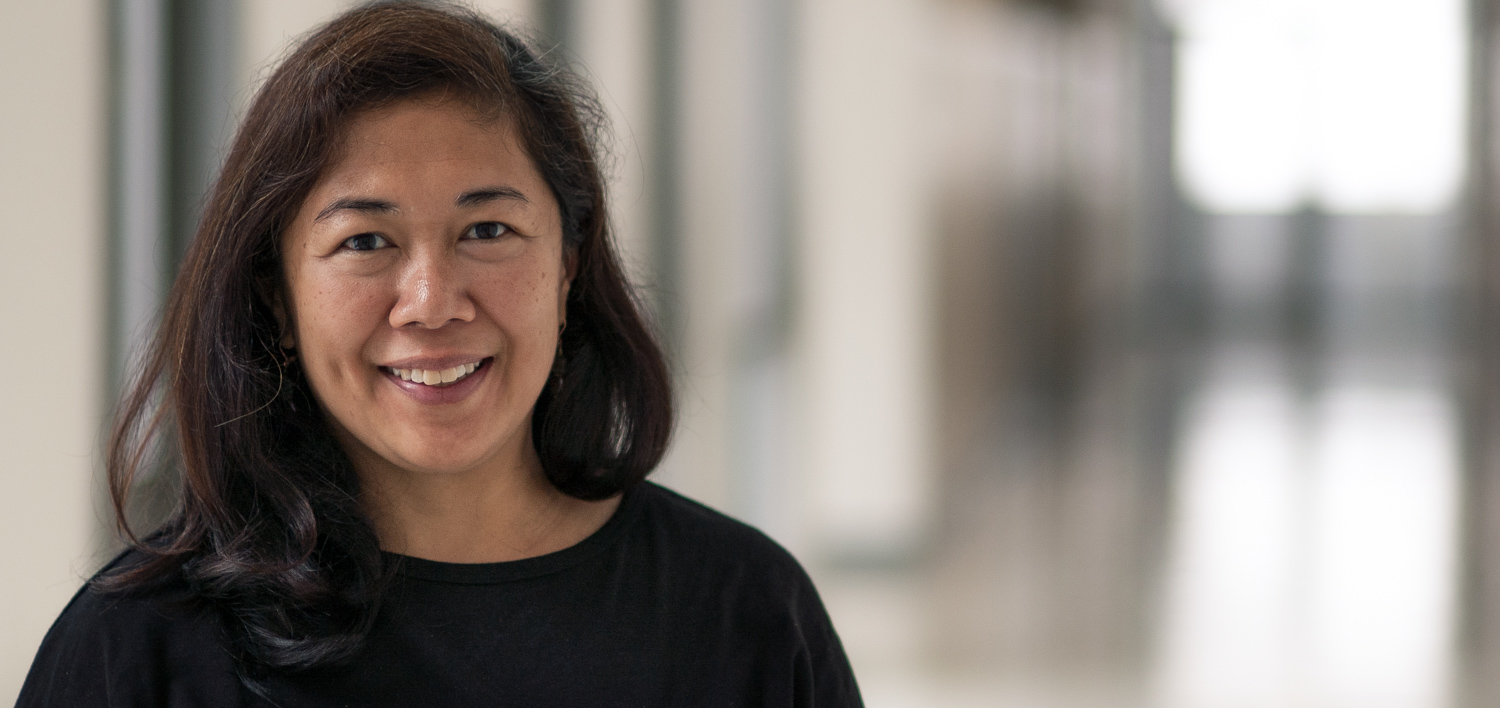Catherine Ceniza Choy

In the past fifteen years, families in the United States have adopted more than 200.000 children from other countries, and over 20.000 from South Korea. The origins of America’s status as an adoption nation lie in the years after the Second World War and oftentimes in humanitarian intentions. Yet, adoptions are also linked to problematic phenomena, from racial preferences on the side of adopters to economic interests in the adoptees’ home countries.
To learn more about the adoptions that link America and Korea, we had the pleasure to interview Catherine Ceniza Choy. She spoke to us about the historical roots of this phenomenon and the intentions that drive it, the particular development of adoptions from Korea to the United States, and the many interpretations and problems that arise from them.
Catherine Ceniza Choy is Professor of Asian American and Asian Diaspora Studies at UC Berkeley. She is the author of the book “Global Families – A History of Asian International Adoption in America” (NYU Press) as well as various journal articles and another book on international adoption. Choy received her PhD in History from the University of California in Los Angeles, an MA from the same school and a BA from Pomona College.
We tend to think of this phenomenon of international adoptions in the United States as something more contemporary, something more recent, maybe late 20th century or early 21st century. […] But the reality is that this phenomenon has a history. It’s a history that’s inextricably linked to a post World War II and Cold War history in which the United States government, and its military, became involved and established a presence in nations around the world.
The interview was recorded on June 23rd, 2016 in Seoul.